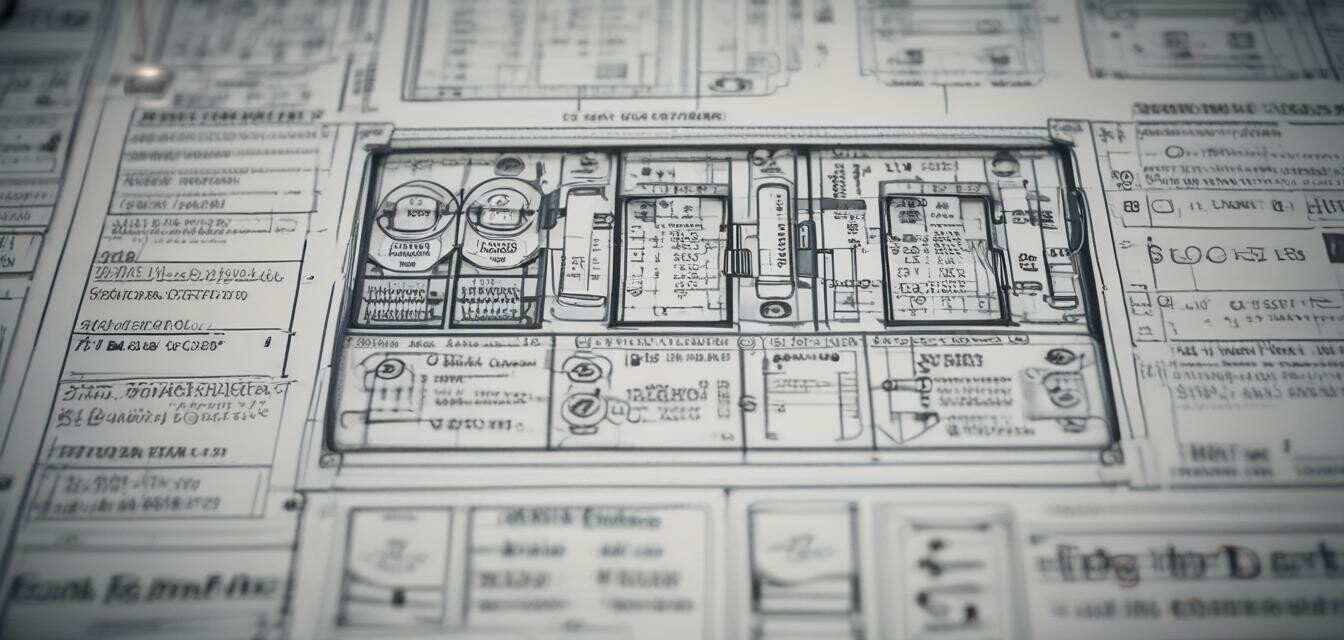
Understanding Your Local Electrical Codes
Key Takeaways
- Understanding local electrical codes is vital for safety and compliance.
- Codes vary by locality and are influenced by the National Electrical Code (NEC).
- Non-compliance can lead to fines, safety hazards, and increased insurance rates.
- Regularly reviewing and updating knowledge of local codes is necessary.
- Consulting with local authorities can provide clarity on specific regulations.
When working as an electrician or planning electrical installations, understanding local electrical codes is essential. These regulations ensure safety and compliance, minimizing risks associated with electrical systems. This guide aims to break down the complexities of local electrical codes and help you navigate your projects with confidence.
What are electrical codes?
Electrical codes are sets of regulations that govern the design, installation, and maintenance of electrical systems. They are created to promote safety, efficiency, and compliance across various electrical applications. Understanding these codes ensures that electricians follow safe practices while minimizing potential hazards.
The importance of local codes
Local codes can differ from state to state and even among municipalities. Familiarity with these codes is crucial for the following reasons:
- Ensures compliance with safety standards
- Protects from legal liabilities
- Optimizes insurance coverage
- Enhances the overall quality of electrical work
Key components of local electrical codes
Although some regulations vary, there are common components to be aware of in most local electrical codes:
- Wiring methods and materials
- Overcurrent protection requirements
- Grounding and bonding procedures
- Requirements for service equipment and installations
- Special regulations for specific applications such as residential, commercial, or industrial settings
Common standards references
Many local codes reference the National Electrical Code (NEC) as a foundation for safety standards. Here are some of the key standards that might be referenced:
| Standard | Description |
|---|---|
| NEC 110 | Requirements for electrical installations for safety and performance. |
| NEC 250 | Grounding and bonding regulations to enhance safety. |
| NEC 310 | Wiring methods, including conductors and installation practices. |
| NEC 430 | Requirements for motors and associated loads. |
How to stay updated on local electrical codes
Staying informed about changes in local electrical codes is vital for all electricians. Here are some effective strategies:
- Join local professional organizations for electricians.
- Attend workshops and seminars on code updates.
- Subscribe to newsletters from local governing bodies related to building and electrical codes.
- Consult with experienced professionals in your area.
- Use online resources and government websites for the latest code changes.
Engaging with local authorities
Local building departments or authorities can provide essential insights. Don't hesitate to:
- Contact them for clarification on specific regulations.
- Request copies of local codes published by the jurisdiction.
- Participate in public meetings to voice concerns or get involved.
Conclusion
Understanding your local electrical codes is fundamental to ensuring safety and compliance in your electrical projects. Regularly updating your knowledge and engaging with local authorities will empower you to deliver high-quality work while adhering to regulations. For more in-depth guides on related topics, explore our Buying Guides to enhance your understanding of electrician supplies and best practices.
Pros
- Enhances safety standards in electrical projects.
- Ensures compliance with local laws and regulations.
- Minimizes risks associated with electrical installations.
- Improves the overall quality of work produced.
Cons
- Staying updated can be time-consuming.
- Local codes may vary widely, complicating multi-jurisdictional work.
- Costs associated with non-compliance can be high.
Frequently Asked Questions
What is the National Electrical Code (NEC)?
The NEC is a regionally adopted standard for safe electrical design, installation, and inspection to protect people and property from electrical hazards.
How do I find my local electrical codes?
You can find your local codes by checking with your city's building department or visiting their official website. They typically have code sections available for download.
Why is it important to comply with electrical codes?
Complying with electrical codes helps prevent accidents, ensures your work meets safety standards, and protects both you and your clients from legal liabilities.
For more related content and to aid your understanding of electrical supplies, consider reviewing our guide on Tools & Accessory Kits that may be useful for improving your work efficiency and safety practices.